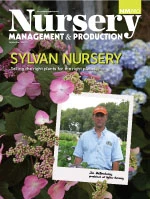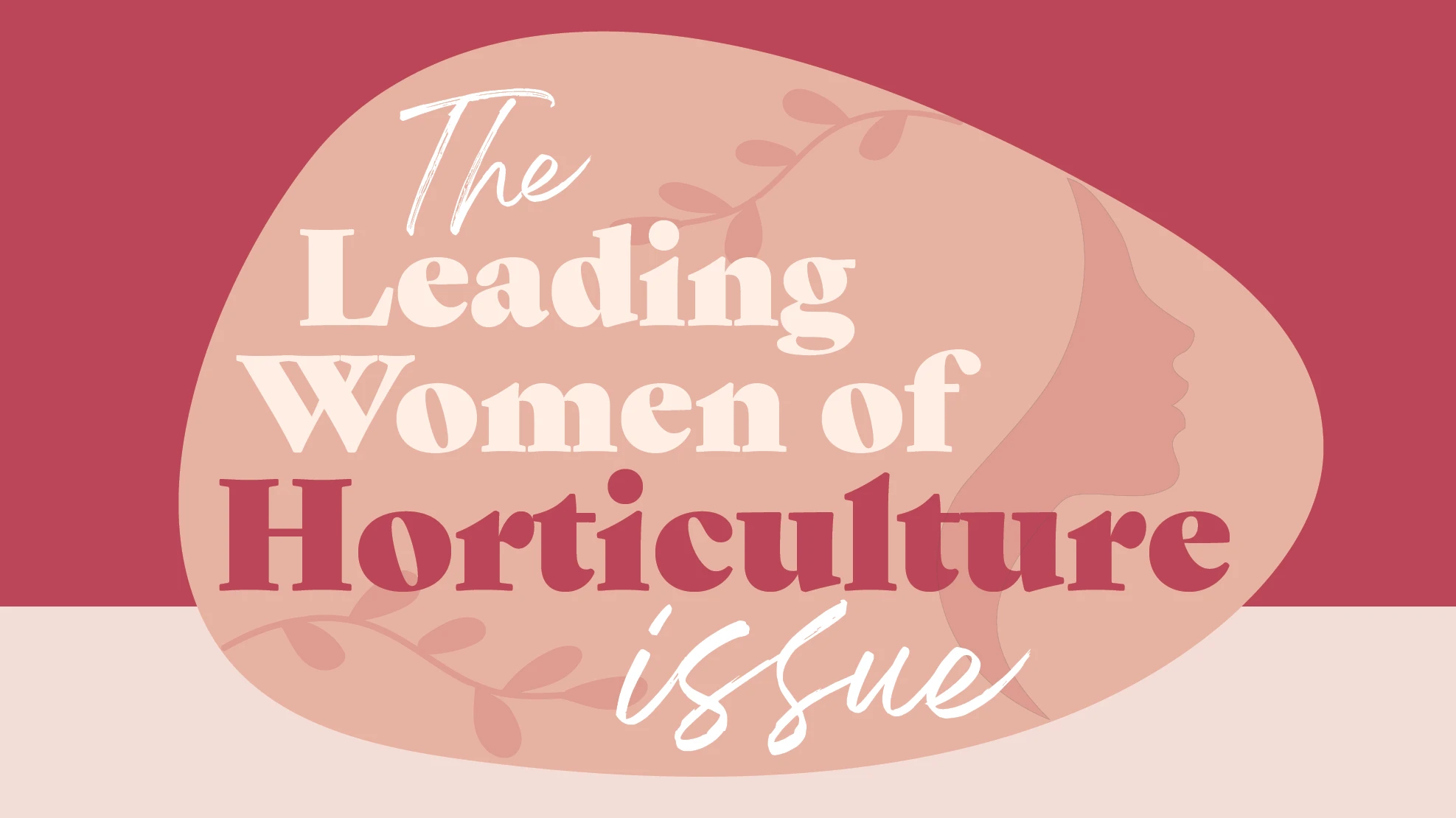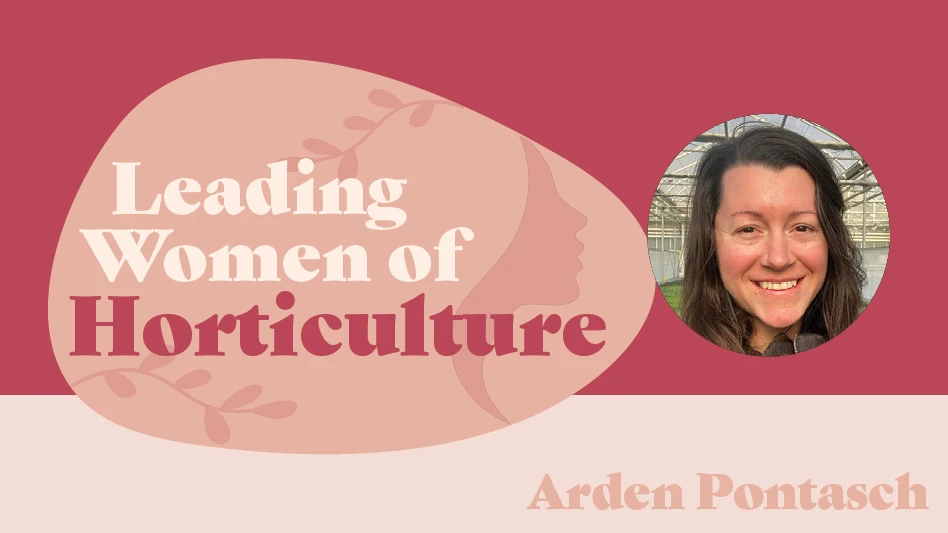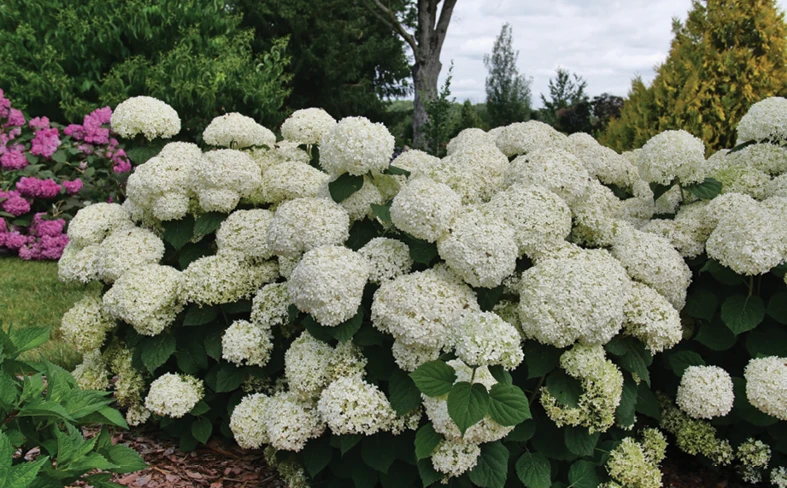 Chances are there’s an Elm Street in the town you live in. But in most locales it’s unlikely that street is lined with stately elm trees. It’s a sad reminder of the devastation wrought by Dutch elm disease, which started spreading throughout the country in the 1930s.
Chances are there’s an Elm Street in the town you live in. But in most locales it’s unlikely that street is lined with stately elm trees. It’s a sad reminder of the devastation wrought by Dutch elm disease, which started spreading throughout the country in the 1930s.
The folks at Sharp Top Trees in White, Ga., hope to reverse this trend with one of their key offerings: the Princeton American elm. The tree is Dutch elm disease-resistant as certified by the USDA National Arboretum. Over the past few years this elm has become a favorite among landscapers and homeowners looking to reintroduce a classic American tree.
“We’re trying to tell the story of this tree,” said Jared Bookhardt, marketing director for Sharp Top Trees. “When most people hear elm they think of Dutch elm disease. We want them to know there is something out there that will allow them to get the classical American elm shape.”
Tale of the tree
Sharp Top Trees has chosen to share this story directly with the consumer.
“We’ve bypassed the typical method of bringing a new tree to the market,” said Alan Bowen, one of the founders of Sharp Top Trees. “Typically this is done by providing a new tree to the growers. We’ve bypassed this and we’ve gone straight to the public through garden centers and re-wholesalers with our container product.”
Radio ads in the Northeast, direct mail campaigns and a blog devoted to the American elm have helped reach these audiences. Sharp Top Trees also offers a full arsenal of point-of-purchase materials for retailers that includes tree wraps, tags, banners and certificates showing they’re an authorized dealer of Princeton American elms. Each tree also has a certificate guaranteeing that it’s been grown on its own rootstock — a crucial element contributing to the elm’s DED resistance.
Sharp Top Trees is currently getting a 70-percent-plus take on its propagation efforts. The Princeton American elm is propagated from cuttings on its own root system, not budded and grafted. The entire team at Sharp Top Trees feels it’s important for consumers to understand and appreciate this distinction.
Bowen said they hope to create a worldwide market for the Princeton American elm during the next five to 10 years. They plan to expand their DED-resistant elm offerings by selling bare-root stock of ‘Valley Forge’ starting next year. In the future, Sharp Top Trees also plans to offer the ‘Jefferson’ elm.
Innovation and automation Sharp Top Trees uses direct-mail pieces, informative hang tags and other marketing materials to let consumers know the Princeton American elm is a viable choice for landscapes.
Sharp Top Trees uses direct-mail pieces, informative hang tags and other marketing materials to let consumers know the Princeton American elm is a viable choice for landscapes.
Sharp Top Trees relies on technology and automation to increase efficiency and maintain quality control.
“All of our irrigation systems are highly automated,” Bowen said. “Our inventory control and accounting methods are very automated and have been successful. Communication on the farm has helped tremendously.”
Sharp Top Trees uses Growers Edge software that integrates order taking, shipping, invoicing and inventory control. PDAs are used to track inventory. This system has cut the time spent taking inventory from two months to roughly two weeks, and they’ve achieved more accurate results.
Broad palette
Sharp Top Trees was established in 1997 to further diversify the business. With population growth spreading from Chattanooga, Tenn., in the north and Atlanta from the south, Aubrey Corp. decided to find a way to improve the per-acre yield of its assets. A nursery seemed like the perfect fit. Scott and Alan Bowen were brought on board to get this venture off the ground. The pair continues to oversee operations.
The rich, heavy-clay soil on the farm has proven to be beneficial for tree production. It produces a nice tight root-ball for the nursery’s B&B product.
For more:Sharp Top Trees, Jared Bookhardt (sales contact), (866) 387-1945
Get curated news on YOUR industry.
Enter your email to receive our newsletters.
Explore the September 2009 Issue
Check out more from this issue and find your next story to read.





